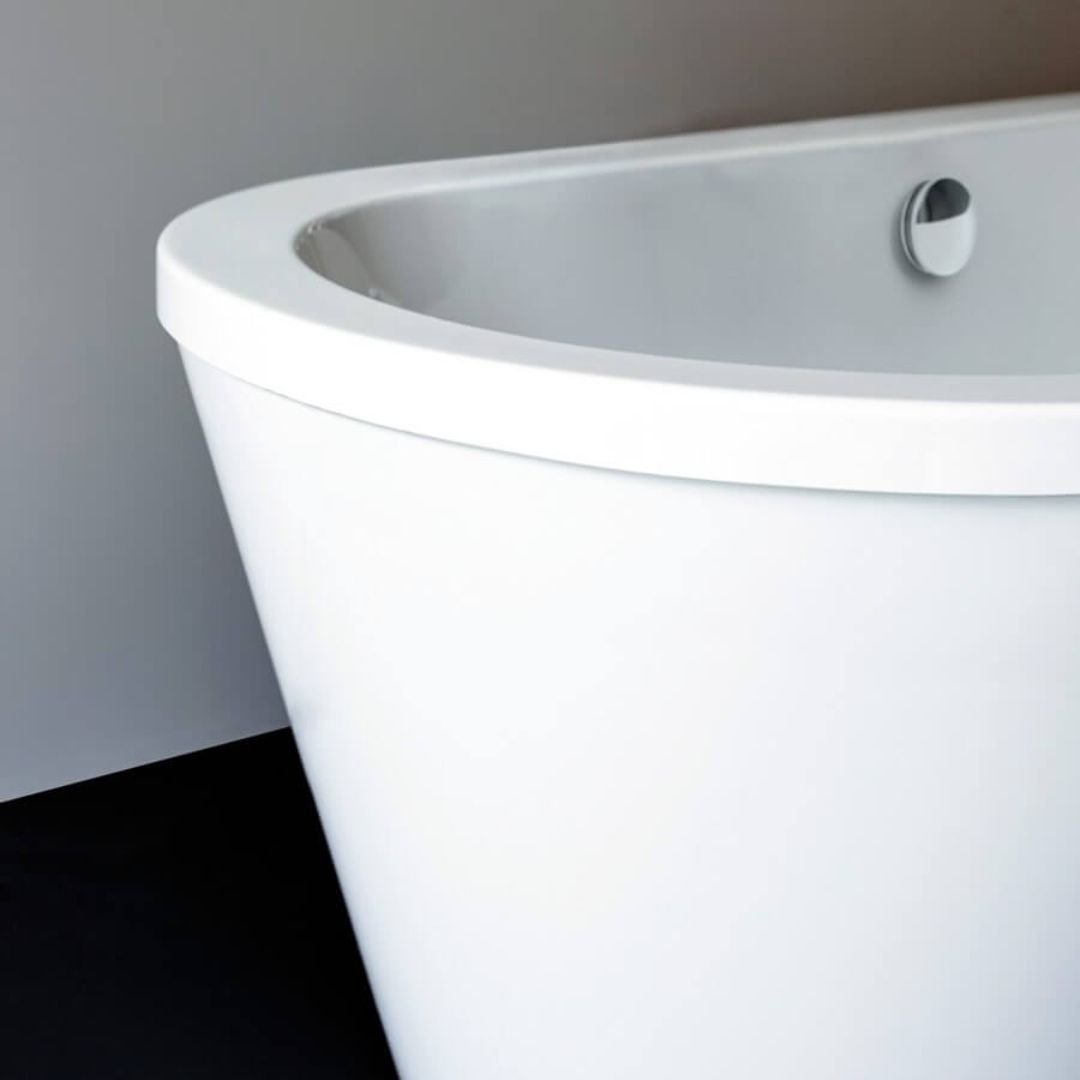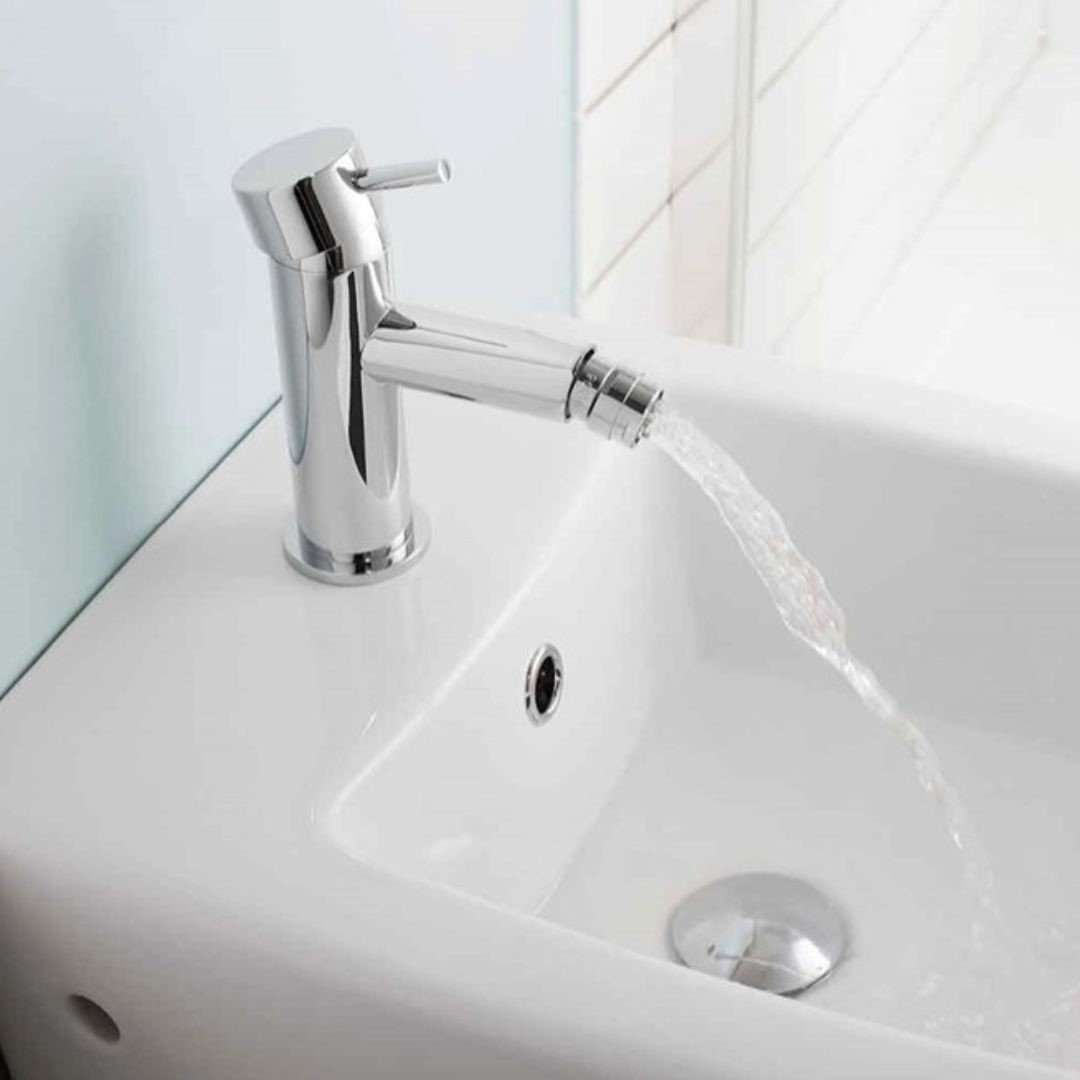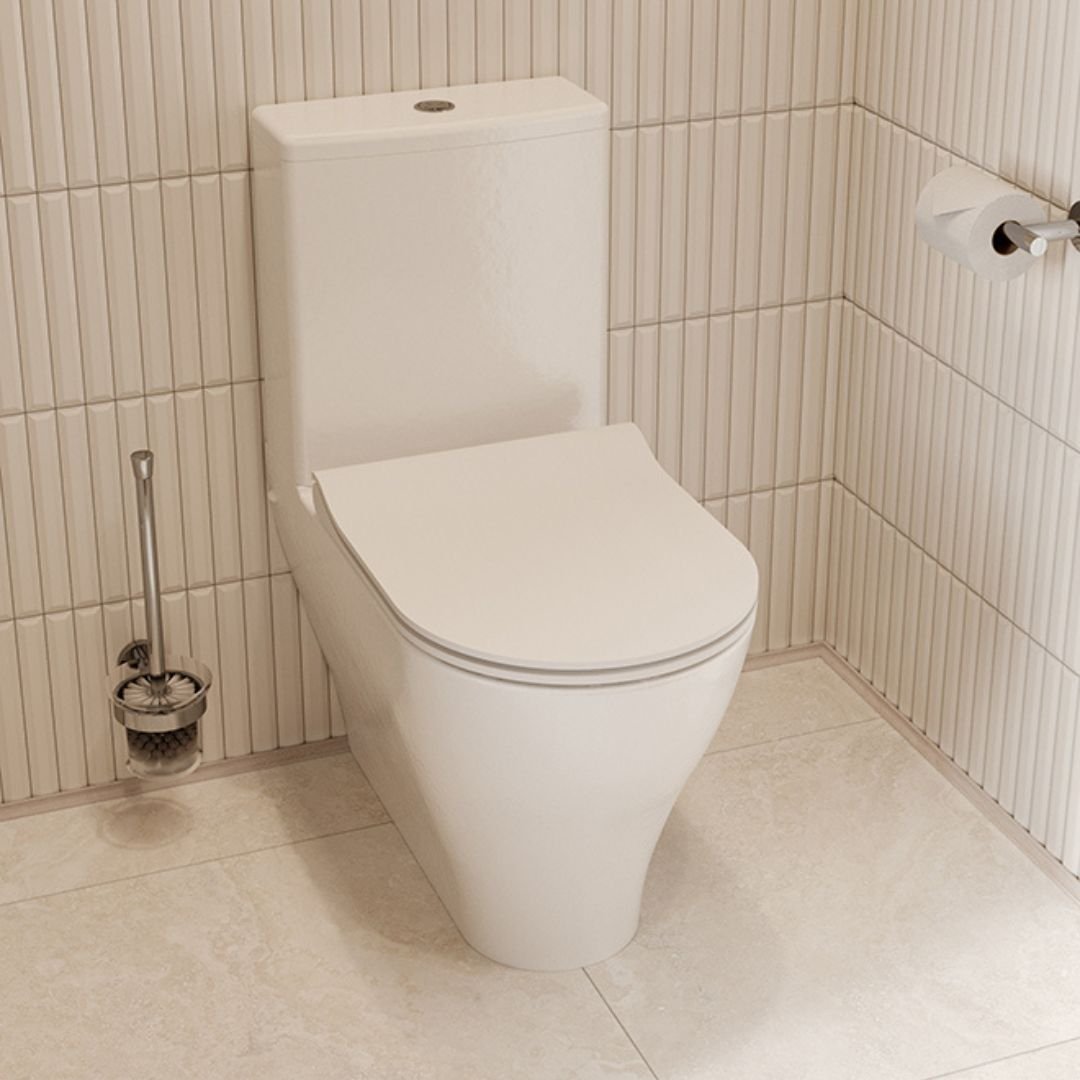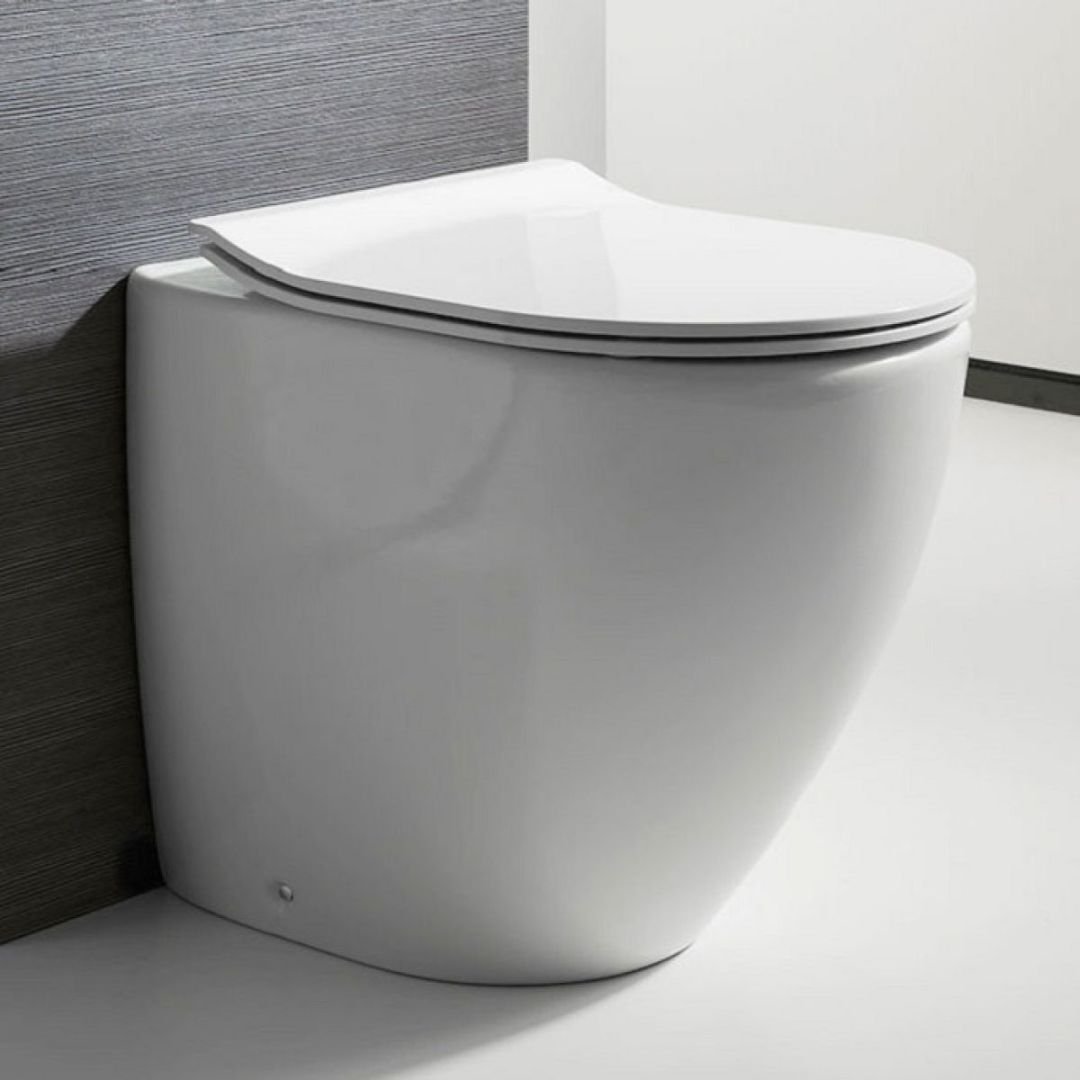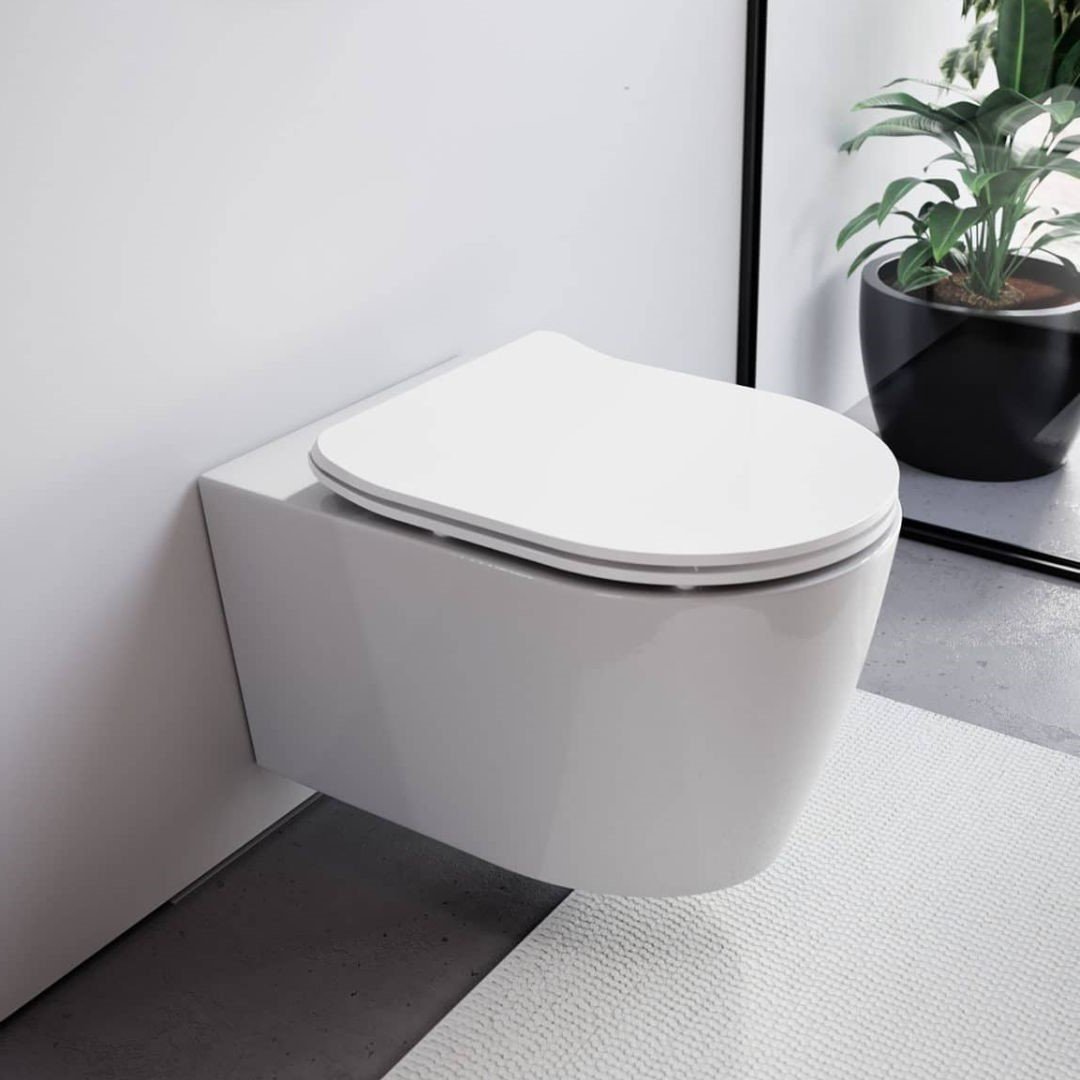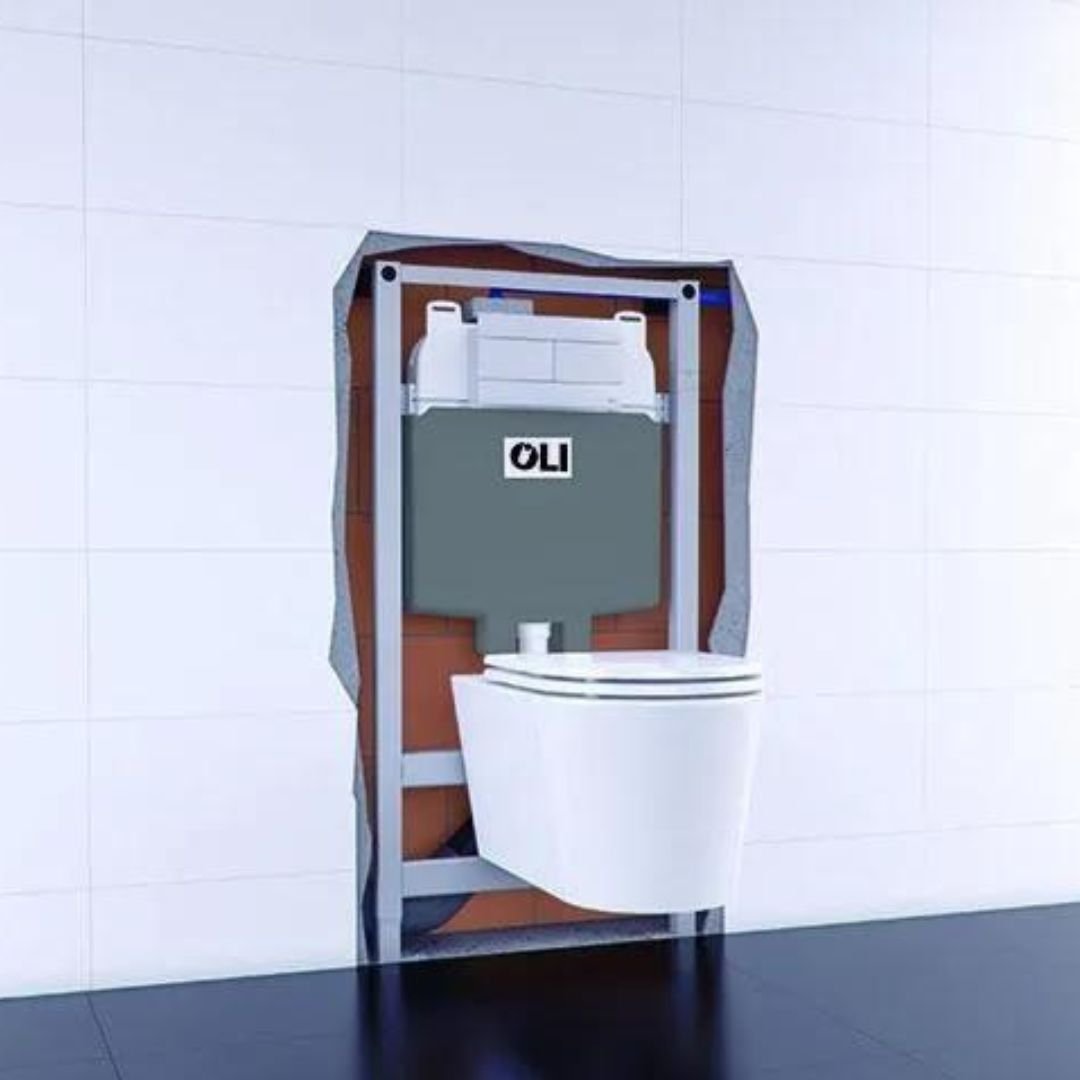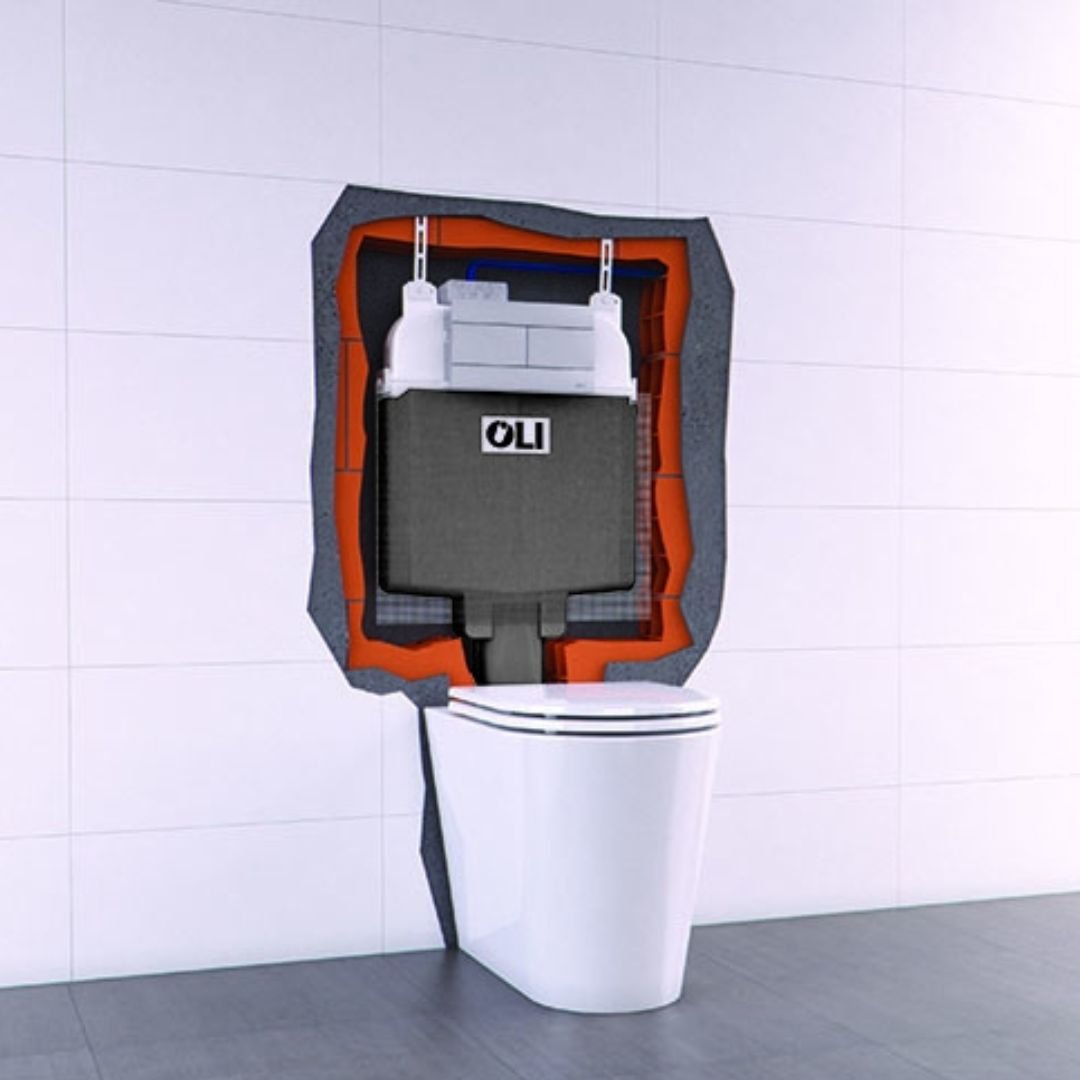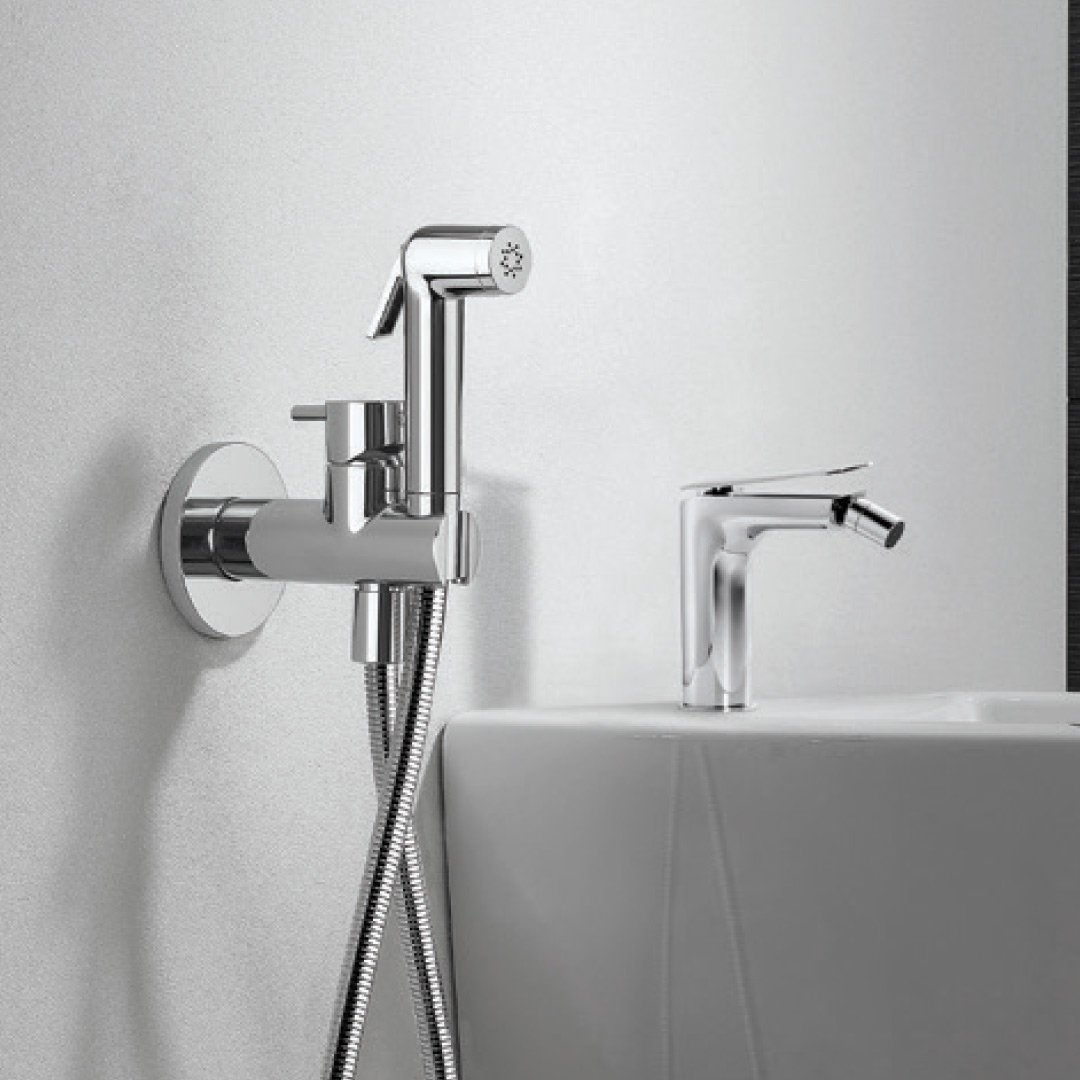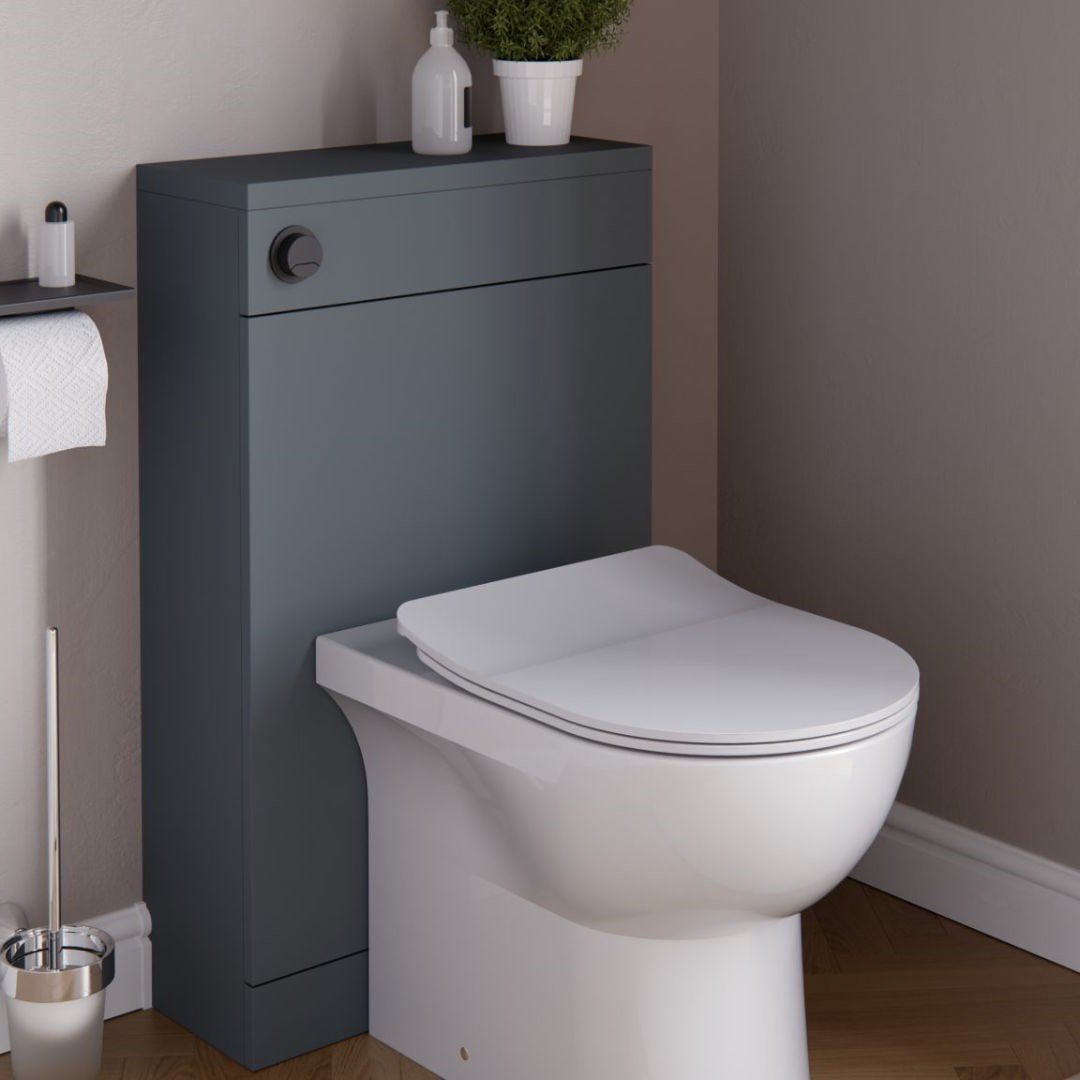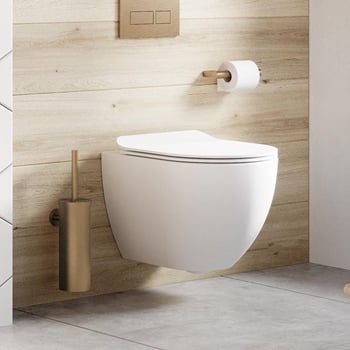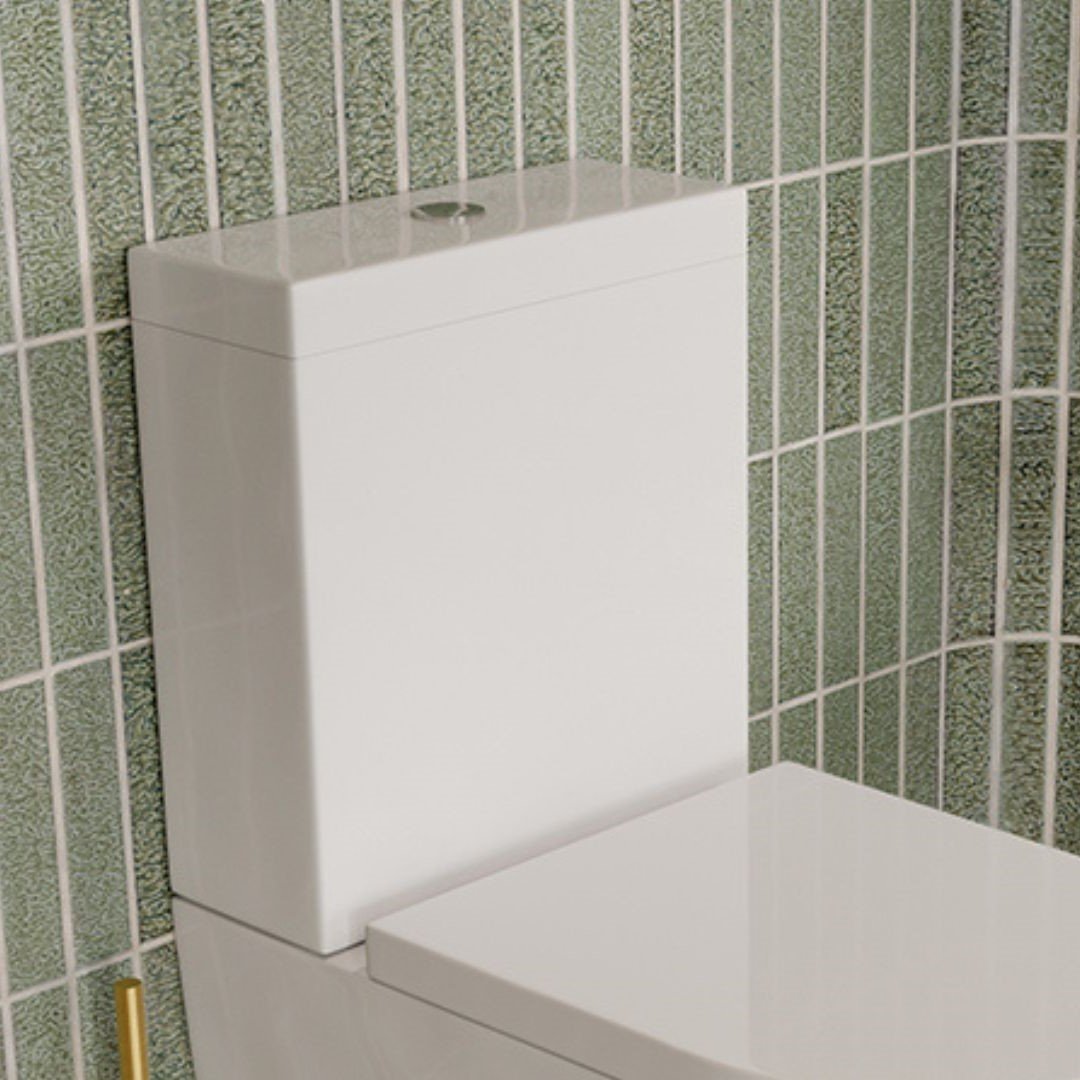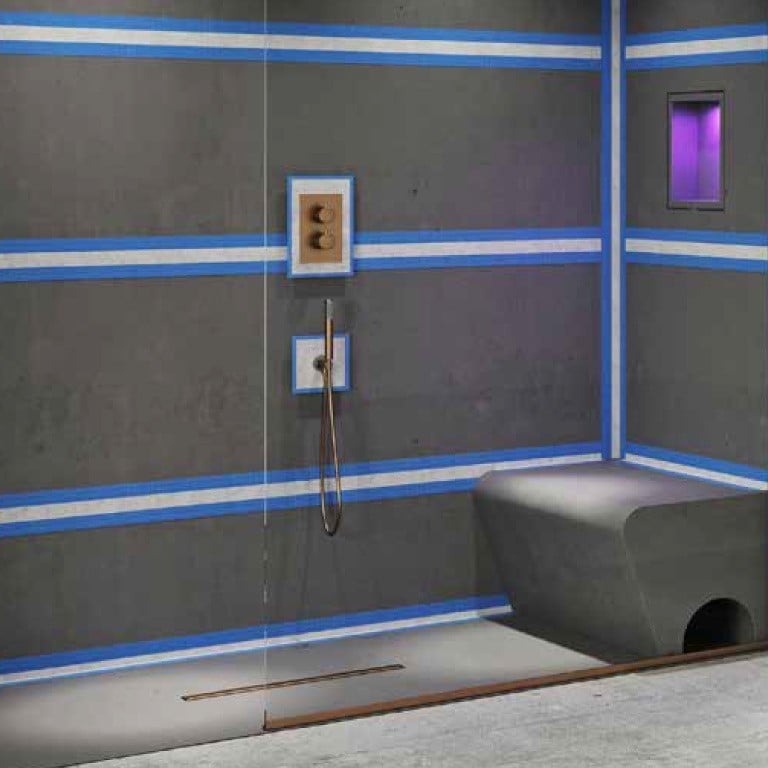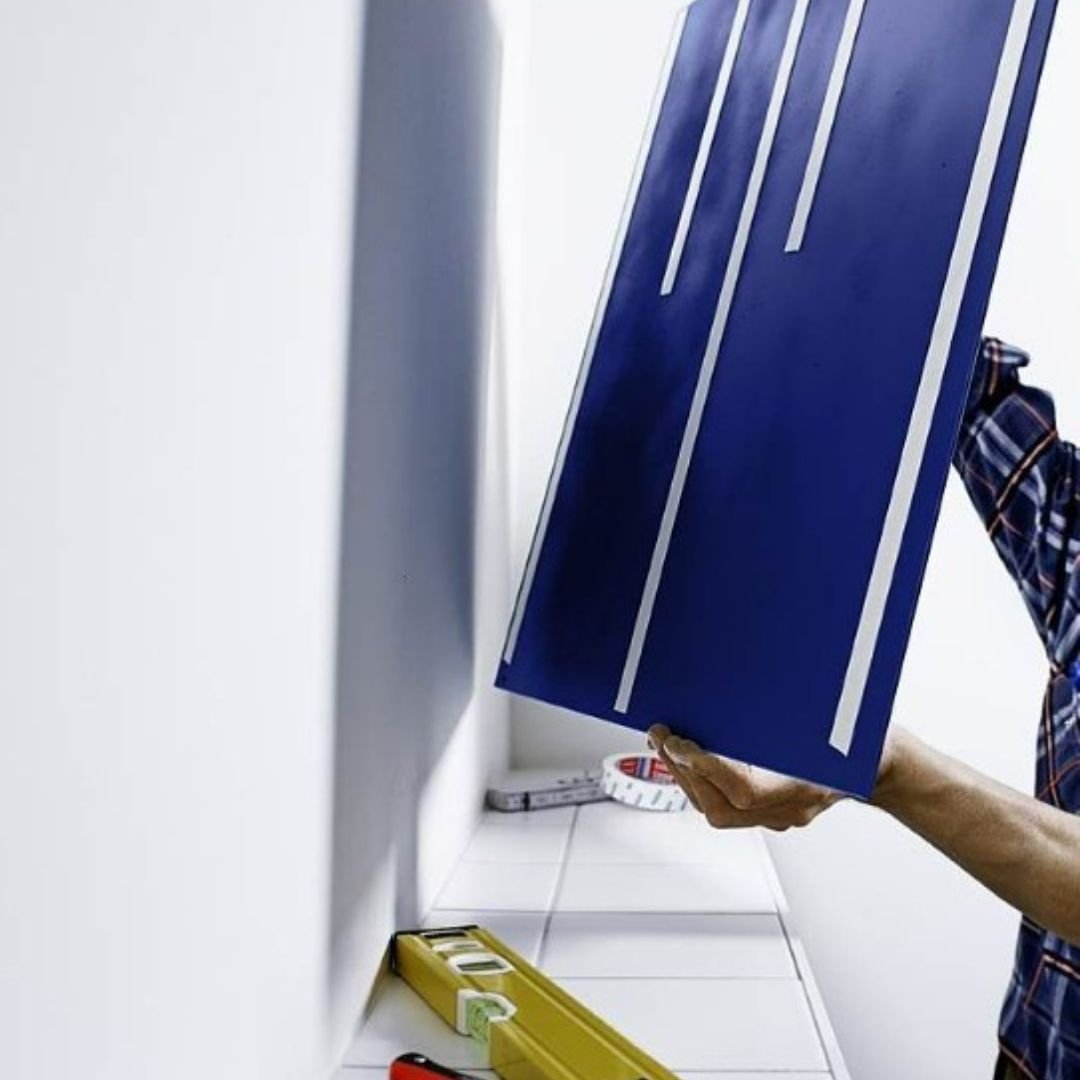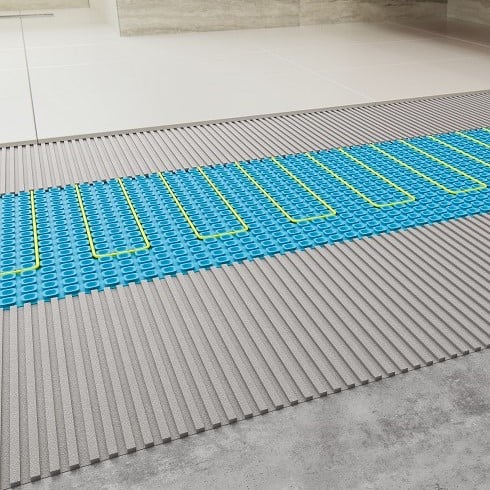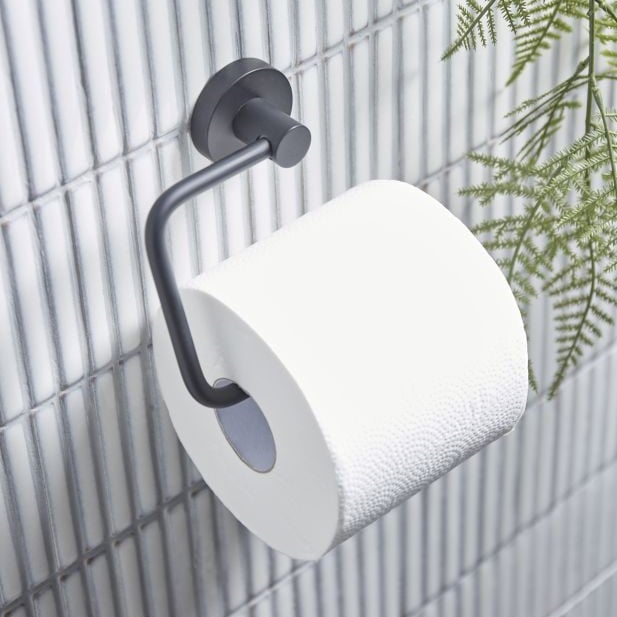Sustainable Sanitation
We believe that ecological sanitation (otherwise known as ecosan) is the ultimate in affordable sustainability, benefitting people and the environment. Ecosan is an approach to sanitation that sees human excreta as a valuable resource, rather than a waste product. It recycles human excreta and uses natural processes to transform it into a safe, natural compost and fertiliser.
The nutrients found in an adult’s human waste contain the same amount of nutrients that are required to grow enough cereal to sustain that same adult.
It’s almost as if nature intended people to recycle their waste and create more food!
Western style flush toilets rely on a huge sewer infrastructure and a constant supply of water to function. The 2.4 billion people without toilets can’t wait for these to be built and supplied. Ecosan toilets, on the other hand, require minimal infrastructure without relying on a water source, and they offer an affordable and long-lasting solution to sanitation.
We are therefore making a conscientious effort to raise awareness of this issue, and we will be raising the £15,750 needed for the next Sanitation First project, which will build ecosan toilets for over 500 children every year.
Ecosan toilets are designed to last for decades!
Prevention of deadly diseases
Ecosan puts the idea of ‘prevention, not treatment’ into practice.
Shockingly, it has been estimated that at least 2 billion people globally use a water source that has been contaminated by faeces. Contaminated water is a major cause in the spreading of diseases, such as diarrhoea, which kills over 800,000 children under the age of five every year.
Ecosan toilets also act as a vital barrier between waste and the environment, which prevents sewage from polluting bodies of water. Preventing pollution before it has been created is the goal, and can be achieved with YOUR help!
Together, we can raise £15,750 for the next Sanitation First project
Ecosan Can Change the World
Sanitation-related illness, pollution, water scarcity, soil quality, population rise, urbanisation, agricultural productivity, and food insecurity are all global issues.
The earth loses 25 billion tons of topsoil every year. This soil simply cannot be replaced with chemical fertilisers, which progressively degrade the world's farmlands and diminish agricultural productivity. This could reduce the main source of income for many families, and pose a threat to global food security.
The New Scientist has noted that:
"All farmable soil could be gone in 60 years. Given soil grows 95 per cent of our food, and sustains human life, this is a huge problem. Many would argue soil degradation is the most critical environmental threat to humans".







